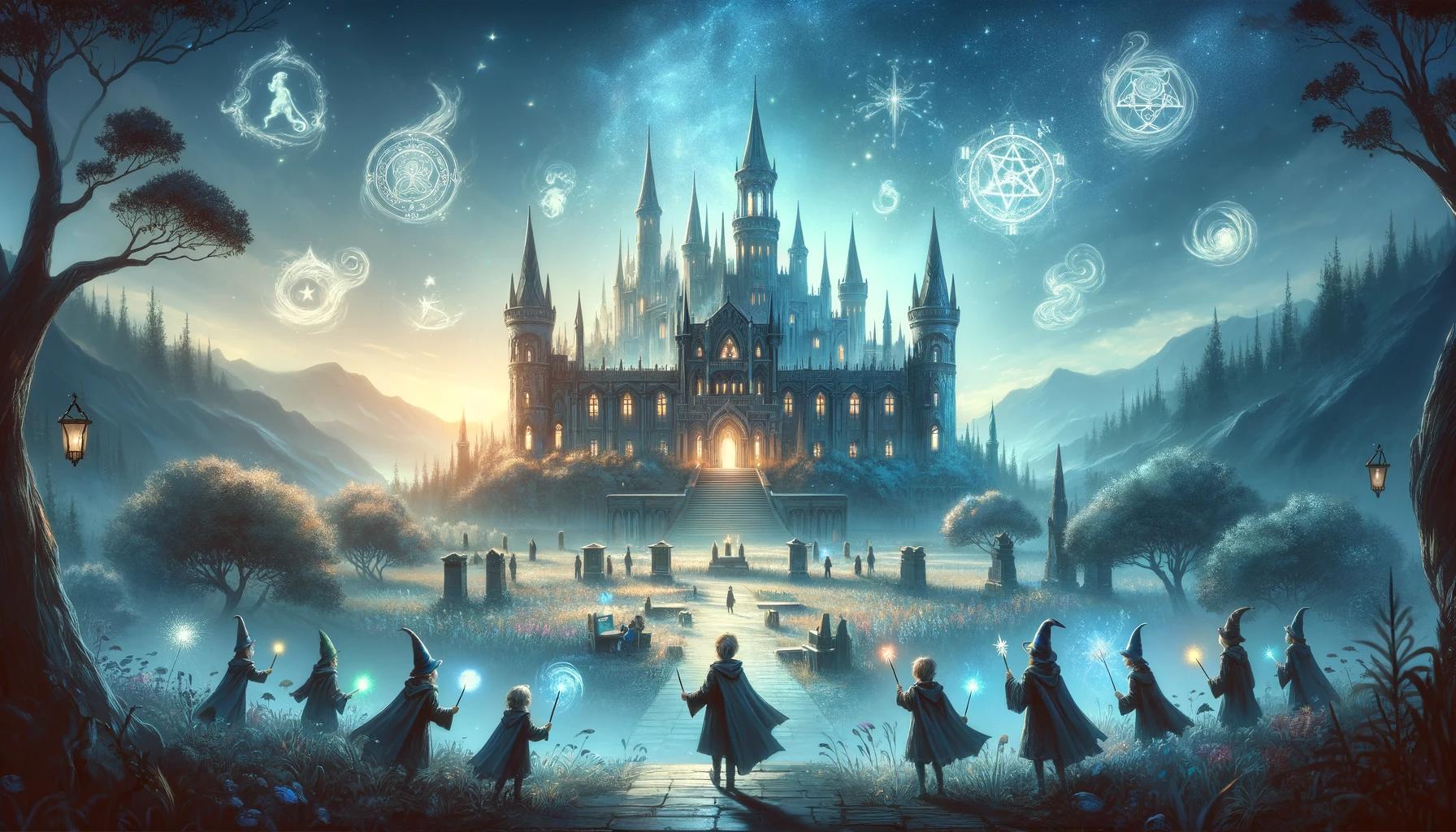Writing Literary Fiction 101

Understanding the Basics of Literary Fiction
Defining literary fiction can be tricky, since the form can also include aspects of other popular genres. You might have a romance in a work of literary fiction, but the way the story is told will differentiate it from popular romance. In general, literary fiction deals with more profound topics, is character-driven, and employs more creative use of language in telling the story.
One of the most persistent myths about literary fiction is that it doesn't need a plot. While it's true that characterization and theme are important, good literary fiction still needs to be well-plotted. It can be helpful to think of the plot as a vehicle for exploring those themes and characters.
Another distinguishing factor of literary fiction is its writing style. While commercial fiction places a high premium on straightforward language that's easily understood, literary fiction makes full use of simile, metaphor, and other literary devices.
Literary fiction is often regarded as less likely to achieve best-seller status than commercial fiction. Well-known literary fiction novels like "To Kill a Mockingbird" by Harper Lee and "The Great Gatsby" by F. Scott Fitzgerald disprove this idea.
Chapterly can help you work on your literary fiction with a comprehensive array of tools that will help you develop your characters, hone your writing style, and explore deep themes.
Well-Developed Characters Are Essential to Literary Fiction
One of the hallmarks of literary fiction is its focus on characters. This genre is character-driven, as opposed to commercial fiction, which is plot-driven. To create rich and believable characters, you'll need to invest time in developing them fully.
One way to do this is by coming up with a backstory for each character. What experiences have they had that have shaped who they are today? What motivates them? What are their fears and hopes?
You'll also want to describe your characters' appearance. Weave the description into the story to avoid clumps of exposition that slow down the pace and bore your reader.
With the emphasis on character instead of plot, take the time to thoroughly explore your characters. Dive deeply into who they are, their history, and why they're in your story.
Artistic, Creative Use of Language
Literary fiction places a high value on the craft of writing. It uses advanced vocabulary and employs literary devices like personification, symbolism, and metaphor.
This doesn't mean you need to use big words to write literary fiction. In fact, using overly complex language can work against you. Aim for precision and accuracy with your words and use them in a way that enhances the story.
With literary fiction, the author uses all the tools at her disposal to dive deeply into the story and characters. It's expected that writers working in literary fiction will use creative methods – in fact, that's part of the appeal.
Literary fiction can also play with other aspects of storytelling, like point of view, dialogue, even punctuation. In "The Poisonwood Bible," Barbara Kingsolver uses a first-person point of view, but she switches from character to character to tell the story. Parallel storylines are another method literary fiction authors use, where we see two stories as they unfold and come together.
When writing literary fiction, don't be afraid to experiment with your style. Push the boundaries and see what works best for your story.
Chapterly can help you take your writing to the next level with its comprehensive set of tools and resources. With our help, you can write literary fiction that is artistically rich and well written.
Literary Fiction Poses Deep Questions
One of the features of literary fiction is its focus on themes. These can be big, universal questions like "What is the meaning of life?" or "What is justice?" or they can be more specific questions that are relevant to your story. What do you want your reader to walk away with after finishing your book?
When readers finish a work of literary fiction, it often stays with them for days because of the deeper questions explored. In commercial fiction, that's rarely the case. A work of literary fiction may not wrap up everything neatly at the end. It may leave the reader with more questions than answers.
That's part of what makes literary fiction so special. It takes us on a journey and allows us to explore different ideas and perspectives. It makes us think about the world in a new way.
Consider Starting With Short Stories
Short stories make up a substantial portion of literary fiction. Compilations of short stories are common in the literary fiction genre. Many authors who work in this style find it's helpful to write short stories before they tackle a book-length project, since it gives them a chance to explore new ideas on a smaller scale.
If you're new to writing literary fiction, consider starting with short stories. This will allow you to sharpen your skills and build your confidence. Once you've mastered the form, then you can move on to writing a novel.
Reading journals and magazines that specialize in short literary fiction is also helpful. "The Sun" and "Zoetrope: All-Story" are two good resources for notable short fiction.
When you use Chapterly for your literary fiction, it's easy to create compilations of stories with the app's tools. When you're ready to expand a story into a novel, Chapterly gives you everything you need to write the story you've imagined.
Workshops and Advanced Degrees
The level of skill required to write literary fiction often makes writers seek out additional education. Workshops and writers' conferences often offer opportunities for writers to get valuable insight and feedback from other writers. Tap into your local writing community for information about upcoming events, or go online and do a little searching.
It can also be worthwhile to look into advanced degree programs, such as a Master of Fine Arts degree. The coursework takes a deep dive into language and storytelling, giving graduates valuable skills that enable them to write at a higher level than they would otherwise. The Iowa Writers Workshop is regarded as the most respected MFA writing program in the United States, but it is also extremely difficult to get accepted.
Use Chapterly for Your Next Work of Literary Fiction
Starting a work of literary fiction can be intimidating, considering the level of expertise required. Authors must be highly competent with language and literary devices, understand the elements of a successful plot, and craft compelling characters that drive the story forward. Using Chapterly gives authors a host of tools to help them develop their stories. The app allows you to collaborate with others, track your progress, and organize your work. Try our app for free for the first 14 days, and you can try out all its functions. Using Chapterly might not guarantee you a spot on the best-seller list, but it will help you reach the finish line with your book.


